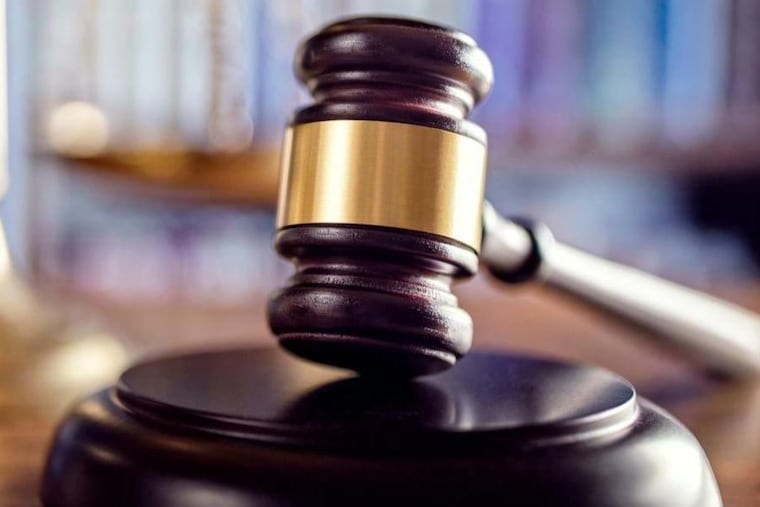Task force finds ‘serious racial disparities’ in Pennsylvania juvenile court
A statewide, bipartisan task force says Pennsylvania locks up far too many first-time and low-level youth offenders.

Pennsylvania locks up far too many first-time and low-level youth offenders, with young Black people disproportionately prosecuted as adults, according to a government task force that made recommendations Tuesday to reform juvenile justice in the state.
“Serious racial disparities pervade Pennsylvania’s juvenile justice system,” the bipartisan Pennsylvania Juvenile Justice Task Force said in its report, adding that changes are urgently needed to make the state’s juvenile justice system more fair and more effective.
Young offenders told the task force of being stuck for years in a system they couldn’t seem to escape, lodged in facilities far from home that weren’t clean or safe and did not offer effective treatment or education. One girl said she had “learned to live in an institution but not as a person in the world.”
A substantial percentage of young people who commit a minor crime, and are considered at low risk of re-offending, are nevertheless removed from home and placed in a residential facility, the group found in its 16-month review. The practice is widespread despite research showing that out-of-home placement is “generally not effective at reducing recidivism for most youth — and can instead be counterproductive,” the report said.
Policymakers found widespread geographic and racial disparities in how youth offenders are treated, with Black youths more likely than their white counterparts to be removed from home and prosecuted as adults. Young Black people represent 38% of cases in juvenile court but 62% of those detained before adjudication and 47% sent to a residential facility, the report said. The use of detention varied widely from county to county.
“It was glaring that there is such racial disparity,” said State Rep. Tarah Toohil (R., Luzerne), a member of the task force. “Many times you have families that are crying out to the system to say, ‘Help our family, we’re having difficulties in many different areas.’ And then that family gets snared into their child being taken away.”
The task force, which included state lawmakers, officials in Gov. Tom Wolf’s administration, local officials, and others, made a range of administrative, statutory, and budgetary recommendations. They include:
Greatly expanding the use of community-based interventions as an alternative to residential placement, reserving detention for kids who “pose a serious risk of harm to community safety.”
Narrowing the use of pre-adjudication detention.
Raising the minimum age at which young people can be tried as adults for certain serious offenses from 14 to 16.
Repealing a 1995 law that automatically requires adult prosecution in more serious cases.
Eliminating fines and most court cost and fees.
With Pennsylvania incarcerating a higher-than-average percentage of its youth, the task force said its plan would reduce the population of young people in residential facilities by almost 40% in five years and save almost $81 million that could be reinvested in a range of youth services.
State House Minority Leader Joanna McClinton, a Philadelphia Democrat, called for policies that “ensure that children across the commonwealth are in fact treated as children, and that they are not put into a pipeline that simply prepares them for a lifetime of recidivism, crime, punishment.”
McClinton, who spent almost 10 years as a public defender in Philadelphia, added: “And that is something that has occurred for far too long.”
The Philadelphia-based Juvenile Law Center called the task force's work “a solid blueprint" for necessary change.
“Although the recommendations contained in the report fall short of true transformation, they are a vast improvement over current law and practices,” said Malik Pickett, a staff attorney at the organization. “We hope that the Pennsylvania legislature will move swiftly to enact these protections into law.”
Legislative leaders and Wolf formed the task force in December 2019. The group was tasked with making recommendations on how to make people safer, improve accountability, and save tax dollars. Its members were appointed by Wolf, the court system, and the Republican-controlled legislature.
“We need to do better by our youth and communities, and that’s why this important work remains a top priority for all of us,” Wolf said in a statement.
His spokesperson said the administration will determine what changes it can make on its own.